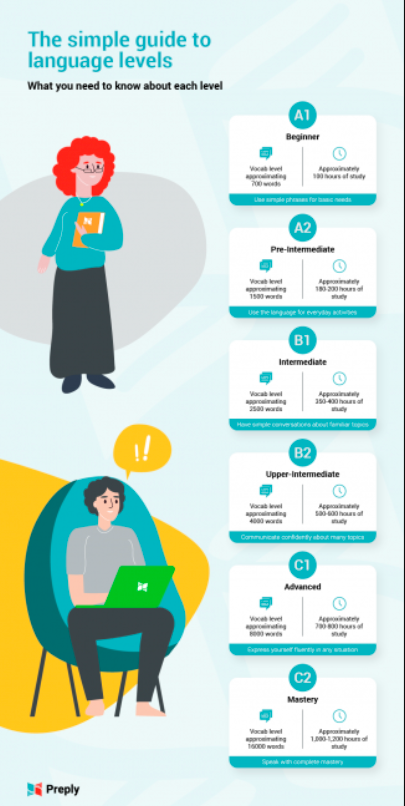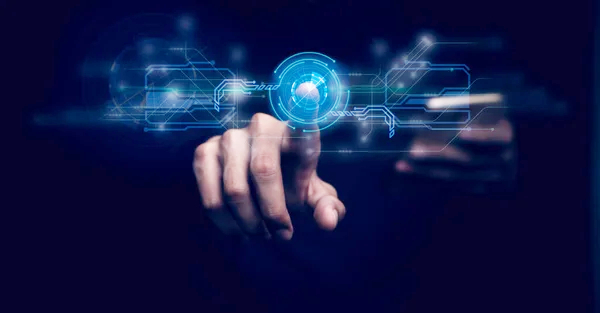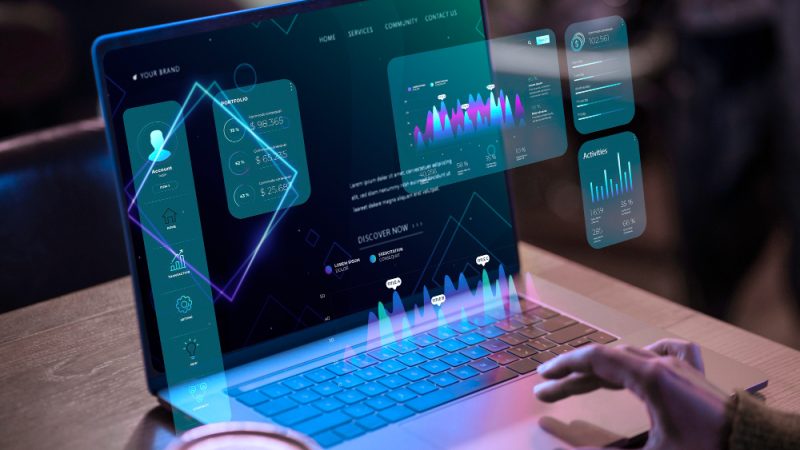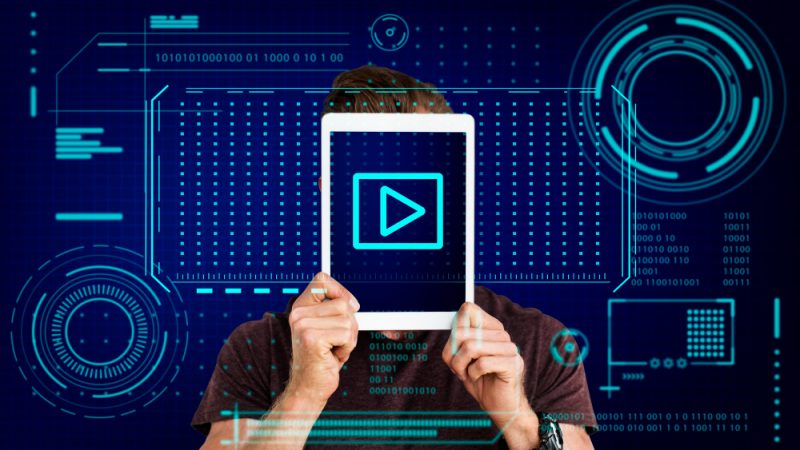How Modern Technologies Will Helps Us Learn English

Technology has changed the way we live our lives. One of the most significant changes it’s made is in how we learn and process this information. What was once a task that required paper, pencil, and a teacher sitting beside you now needs an online English teacher, a smartphone, and a computer. It’s easier than ever to find info on language learning – from online classes to apps for your phone. But which ones should you use?
Virtual Reality and Augmented Reality
Virtual reality will allow students to immerse themselves in the linguistic environment without moving anywhere. Augmented reality will allow people who want to learn languages to get an idea of any subject, even if the subject is not presented physically.
Is this going to help us to study more effectively? Imagine being able to walk around London with the students, naming places of interest, and asking locals for directions on the go. Students won’t need stickers attached to objects to see what they are called in English, which means freedom from all the burdens used to make the learning process harder.
The technology is not cheap and not straightforward – after all, you need the hardware (special glasses) and the software (unique training videos). However, some famous companies are already offering immersion in the English language world, and schools in the EU buy the technology.
Artificial Intelligence
While we are asking Google how to get to the library, when is the next session of a new blockbuster, somewhere they teach and test a program that will allow us to use artificial intelligence in learning in psle english tuition. What else can these machines do? The pupils will be able to understand the level of their English level proficiency without a natural teacher. However, the levels at which students will be assessed are common:

Traditional testing will coexist with artificial intelligence testing, and the technology will help people with teaching: artificial intelligence will not deprive teachers of their jobs. It will simply help them concentrate on more creative tasks.
A chatbot can explain to the student for the 6th time the difference between Present Simple and Present Continuous; the virtual assistant can check the progress by asking questions that correspond to the level of training and the material covered. Artificial intelligence can imitate live dialogues perfectly.
Think about it: how one can shift part of the workload onto assistants who are no more stupid than we are but do not need food, rest, salary, and much more objective about any student. Artificial intelligence will draw up a personalized lesson plan based on BigData received from each student:
- Their psycho type;
- Temperament;
- Academic performance in English and other subjects;
- Grades for the last tests;
- Typical mistakes.
Biometry
This technology was of interest to the military and security specialists (fingerprints, retinal scans) not so long ago. Now specialists in training, including machine learning, are also paying attention to it.
The computer will track how, in what sequence, interests, and accents, and attention delays. The student perceives the educational material with the help of eye-tracking technology (oculography, tracking of eye movements.) AI will analyze the learning style of a particular pupil and adjust the presentation of the educational material to it. Who knows, maybe the slow-witted, incapable English pupils are just the people who did not have a proper teacher and approach before?
Learning While Dreaming
Scientists have repeatedly exposed charlatans that the method of teaching in a dream is anti-scientific, but new aspects have appeared. The scientists are not trying to teach something in a plan but to consolidate what they have learned. Who knows, maybe soon our students will come to the lesson fully ready, having mastered the material of the previous studies?
To Sum It Up
One of the crucial things in today’s world is to be able to adapt. We have to get used to them and learn how they work to use them for our purposes later on. It might seem daunting now, but understanding these changes will make life easier when you are subjected to newer innovations like VR or AI in your future studies. Which of these technological advancements do you think will change the way English students study?






